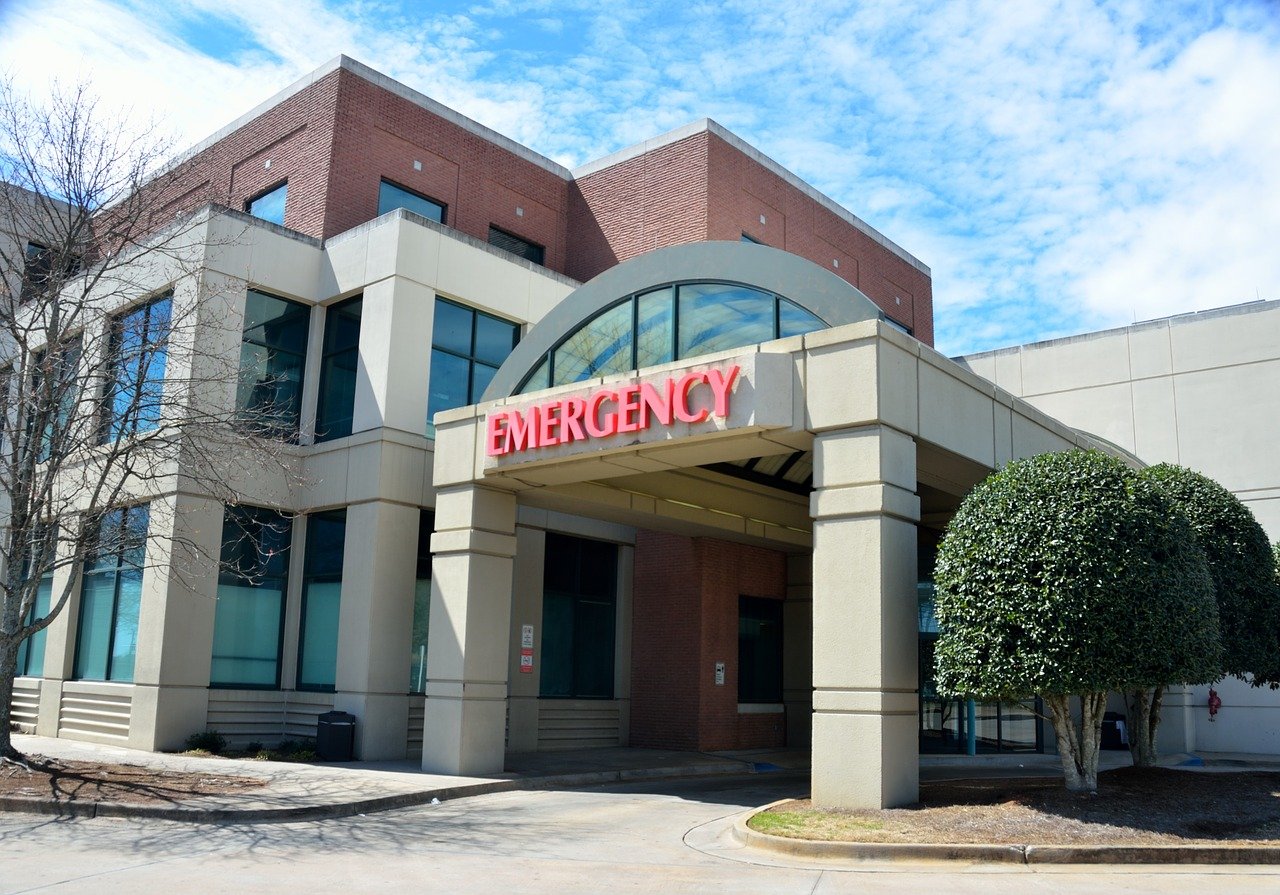Emergency Legislation Extends Liability Immunity to Some Healthcare Providers Battling COVID-19
 With the ongoing COIVD-19 pandemic continuing to put strains on an already over-burdened American healthcare system, some states have taken steps to ensure that the looming threat of a lawsuit does not stand in the way of medical professionals providing care to the onslaught of patients inundating hospitals. Situations that many healthcare providers are facing during this pandemic, such as a lack of ventilators, medical equipment and supplies, have triggered a need for ventilator triage policies at many hospitals located in the hardest hit areas of the county. The dire circumstances, in some cases, have forced doctors to make judgment calls as to which patient will get a life-saving ventilator, which many have feared will open up a slew of unwanted future lawsuits. The threat of potential lawsuits likely weighs heavily on the minds of healthcare workers, including recent medical school graduates who may not yet have malpractice insurance.
With the ongoing COIVD-19 pandemic continuing to put strains on an already over-burdened American healthcare system, some states have taken steps to ensure that the looming threat of a lawsuit does not stand in the way of medical professionals providing care to the onslaught of patients inundating hospitals. Situations that many healthcare providers are facing during this pandemic, such as a lack of ventilators, medical equipment and supplies, have triggered a need for ventilator triage policies at many hospitals located in the hardest hit areas of the county. The dire circumstances, in some cases, have forced doctors to make judgment calls as to which patient will get a life-saving ventilator, which many have feared will open up a slew of unwanted future lawsuits. The threat of potential lawsuits likely weighs heavily on the minds of healthcare workers, including recent medical school graduates who may not yet have malpractice insurance.
While the CARES ACT, signed into law in March 2020, protects volunteer healthcare employees from liability except in the case of gross negligence and reckless conduct, several states such as New York, New Jersey, Michigan, Massachusetts, Illinois and Connecticut have taken further steps through speedy legislation to provide immunity to both healthcare facilities and healthcare providers from civil and criminal claims resulting from care provided to COVID-19 patients. Many of the medical immunity laws have been pushed through state legislatures by fulfilling the “vital and timely” criteria needed to trigger an emergency vote. Per the various medical immunity laws across the country, a healthcare provider is defined as a physician, physician assistant, advanced practice nurse, registered nurse, licensed practical nurse or other health care professional who is authorized by the state in question to provide healthcare services.
Each state that passes a medical immunity law has added its own unique provisions—for example, in Illinois, healthcare facilities are shielded from liability for decisions made to preserve personal protective equipment. This comes after a lawsuit was filed in late March by a Northwestern Memorial Hospital nurse who alleged that the hospital fired her for warning colleagues that the surgical masks provided by the defendant were not effective in protecting the wearer against the coronavirus. In Massachusetts, the proposed medical immunity bill will also be applicable to nursing homes, assisted living facilities and community health centers. Massachusetts’ decision to include nursing homes is significant, as nursing homes in some areas have proven especially vulnerable to the virus, with Massachusetts reporting that 55% of its 2,182 COVID-19 linked deaths occurred in nursing homes.
In Michigan, the immunity covers all healthcare professionals working in support of the state’s COVID-19 response and further states that healthcare professionals will not be liable for a person’s injuries or death “regardless of how, or under what circumstances, or by what cause those injuries are sustained.” New Jersey, which has been deemed a “hot spot” for virus diagnoses, has extended immunity to health care providers who provided good faith treatment via telehealth methods, as well as to providers who provided treatment that is outside of their specialty. New Jersey law now also temporarily provides certification for emergency medical technicians whose medical licenses have expired, in addition to certification for active out-of-state paramedics who have assisted in helping the state battle COVID-19.
Counsel Financial provides working capital credit lines exclusively for the plaintiffs' bar in all states except California, where credit lines are issued by California Attorney Lending.

